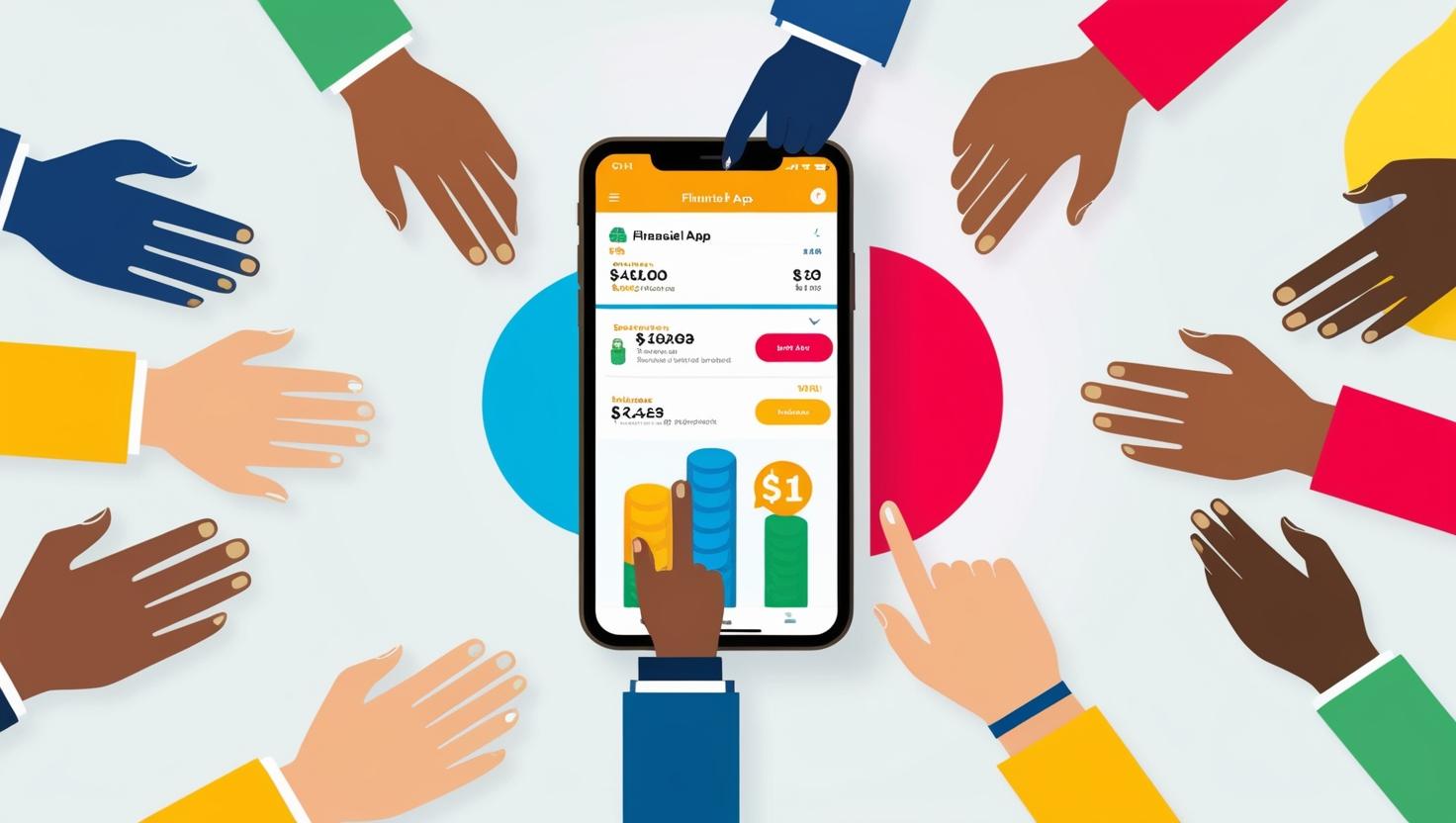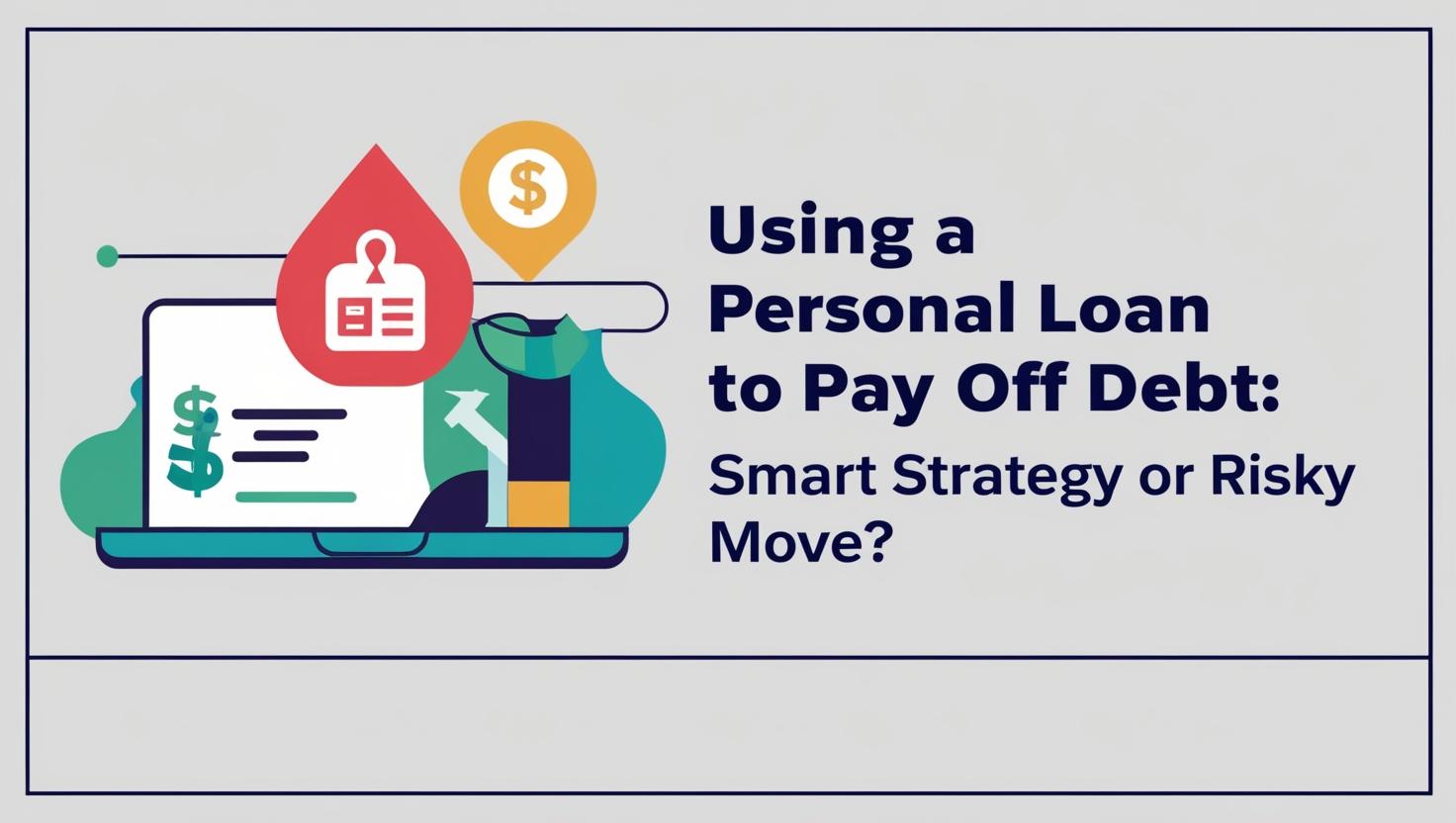Budgeting is one of the smartest financial habits you can develop. It helps you manage your money, achieve your financial goals, and minimize stress about unexpected expenses. But let’s face it—budgeting isn’t always as straightforward as it seems. Even with the best intentions, many people make mistakes that can derail their financial plans. The good news? Every budgeting mistake comes with a solution. Let’s dive into the top budgeting mistakes and how to fix them, so you can take control of your finances confidently.
Recommended Article Budgeting Tools: The Best Services for Creating a Stress-Free Budget
1. Not Having a Budget at All
The Mistake:
Surprisingly, one of the biggest budgeting mistakes is not having a budget in the first place. Many people avoid budgeting because they think it’s restrictive, too complicated, or unnecessary if they’re earning a decent income.
The Fix:
Creating a budget doesn’t have to be overwhelming. Start simple. Use the 50/30/20 rule as a guideline:
- 50% of your income for needs (housing, groceries, utilities)
- 30% for wants (entertainment, dining out)
- 20% for savings and debt repayment
Apps like Mint, YNAB (You Need A Budget), or even a simple spreadsheet can help you track your spending and set clear limits. Remember, budgeting isn’t about restriction—it’s about giving every dollar a purpose.
2. Setting Unrealistic Goals
The Mistake:
Setting goals that are too ambitious or unrealistic can quickly lead to frustration. For instance, expecting to save half your income when you have significant expenses might not be achievable.
The Fix:
Be realistic about what you can achieve. Look at your current spending habits and income, and set incremental goals. Instead of saving $1,000 in a month when it’s not feasible, aim for $200 and gradually increase that amount as your circumstances improve. Small, achievable steps keep you motivated and on track.
3. Failing to Track Expenses
The Mistake:
You may have a budget on paper, but if you’re not actively tracking your spending, you’re flying blind. This can lead to overspending or running out of money before the end of the month.
The Fix:
Make expense tracking a habit. Use budgeting apps, set reminders, or even keep a daily journal of your expenses. Regularly reviewing your spending helps you identify areas where you might be leaking money, like that extra streaming service you rarely use or frequent coffee shop visits.
4. Ignoring Irregular Expenses
The Mistake:
Many budgets fail because they only account for regular monthly expenses. Irregular costs, like annual insurance premiums, holiday gifts, or car repairs, often catch people off guard.
The Fix:
Plan for these irregular expenses by creating a sinking fund—a savings account where you set aside small amounts regularly for specific future expenses. For example, if you know your car insurance is $600 annually, save $50 per month so it doesn’t disrupt your budget later.
5. Overlooking Emergency Savings
The Mistake:
Life happens, and unexpected expenses like medical bills or car breakdowns can wreak havoc if you’re not prepared. Many people either skip saving for emergencies or underestimate how much they’ll need.
The Fix:
Aim to build an emergency fund of three to six months’ worth of living expenses. Start small if that seems daunting—put aside whatever you can each month until it grows into a safety net. This fund ensures you don’t have to rely on credit cards or loans during tough times.
6. Being Too Rigid with Your Budget
The Mistake:
While sticking to a budget is important, being too rigid can lead to frustration and burnout. Life is unpredictable, and expenses can fluctuate.
The Fix:
Build flexibility into your budget. For example, allocate a small buffer for unexpected expenses or treat yourself occasionally to avoid feeling deprived. Review and adjust your budget monthly to reflect changes in income or priorities.
7. Not Accounting for Fun
The Mistake:
Cutting out all fun expenses, like dining out or hobbies, may seem like a fast track to savings, but it’s often unsustainable. Eventually, you might feel deprived and splurge, undoing your progress.
The Fix:
Budget for fun! It’s okay to enjoy your hard-earned money, as long as it’s within limits. Set aside a portion of your budget for entertainment and leisure activities. This ensures you stay on track while still enjoying life.
8. Underestimating Small Expenses
The Mistake:
It’s easy to overlook small purchases like daily coffee, snacks, or in-app subscriptions, but these can add up significantly over time.
The Fix:
Pay attention to the “small stuff.” Use tools to track every dollar you spend and review your transactions monthly. Consider cutting back on minor expenses that don’t add value to your life, like that unused gym membership or random online shopping sprees.
9. Relying Too Much on Credit Cards
The Mistake:
Using credit cards to cover expenses when your budget is tight can quickly lead to debt. Many people fall into the trap of paying only the minimum amount, which increases interest payments over time.
The Fix:
If you’re using credit cards, make it a habit to pay off the balance in full each month. Avoid charging expenses you can’t afford, and prioritize paying down existing debt by using methods like the snowball or avalanche approach.
10. Failing to Communicate with Your Partner
The Mistake:
If you share finances with a partner, not discussing your budget or financial goals can lead to misunderstandings or overspending.
The Fix:
Schedule regular money talks with your partner to align on your financial goals, budget, and spending habits. Transparency and teamwork go a long way in avoiding conflicts and achieving shared objectives.
11. Not Reviewing Your Budget Regularly
The Mistake:
A budget isn’t a “set it and forget it” tool. Failing to review your budget can leave you out of touch with your spending and savings progress.
The Fix:
Review your budget at least once a month. Take time to evaluate what worked, what didn’t, and make adjustments as needed. This helps you stay aligned with your goals and adapt to any changes in income or expenses.
12. Skipping Retirement Savings
The Mistake:
Many people prioritize short-term goals over long-term savings, often delaying contributions to retirement accounts.
The Fix:
Start saving for retirement as early as possible, even if it’s a small amount. Take advantage of employer-sponsored plans like 401(k)s, especially if they offer matching contributions—it’s essentially free money! If you’re self-employed, consider an IRA or similar retirement account.
13. Focusing Only on Cutting Costs
The Mistake:
While cutting expenses is important, many people forget that increasing income is another powerful way to improve their budget.
The Fix:
Think creatively about ways to boost your income. This might include taking on a side hustle, freelancing, or negotiating a raise at work. Pairing cost-cutting measures with income growth can accelerate your financial progress.
14. Not Celebrating Small Wins
The Mistake:
Budgeting can feel like an endless grind if you don’t acknowledge your progress. Many people lose motivation because they focus solely on long-term goals.
The Fix:
Celebrate milestones along the way! Paid off a credit card? Treat yourself (within reason). Hit a savings target? Reward yourself with something small. Recognizing your achievements keeps you motivated to stick to your budget.
Conclusion
Budgeting is a skill that takes time and practice, but avoiding these common mistakes can set you up for financial success. Remember, the goal isn’t perfection—it’s progress. Start by creating a realistic budget, track your spending, and adapt as needed. With these strategies, you’ll build better money habits and feel more confident about your financial future.
What budgeting mistake have you learned from, or which tip do you plan to try first? Let’s talk about it!
Free Tools
- Mint by Intuit
A free app to create budgets, track spending, and save money effectively.
Website: Mint - Dave Ramsey’s Budgeting Templates
Free downloadable budgeting worksheets based on the proven 50/30/20 method.
Website: Dave Ramsey Free Budget Forms - Google Sheets Budget Templates
Use free pre-made budget templates within Google Sheets to plan monthly finances.
Link: Google Sheets Free Budget Templates







One response to “Top Budgeting Mistakes to Avoid”
This article is a great reminder that budgeting is a journey, not a one-size-fits-all solution. I love how it emphasizes progress over perfection and offers practical fixes for common pitfalls. The tip about balancing cutting costs with increasing income is especially empowering—sometimes, it’s not just about spending less but also earning more.